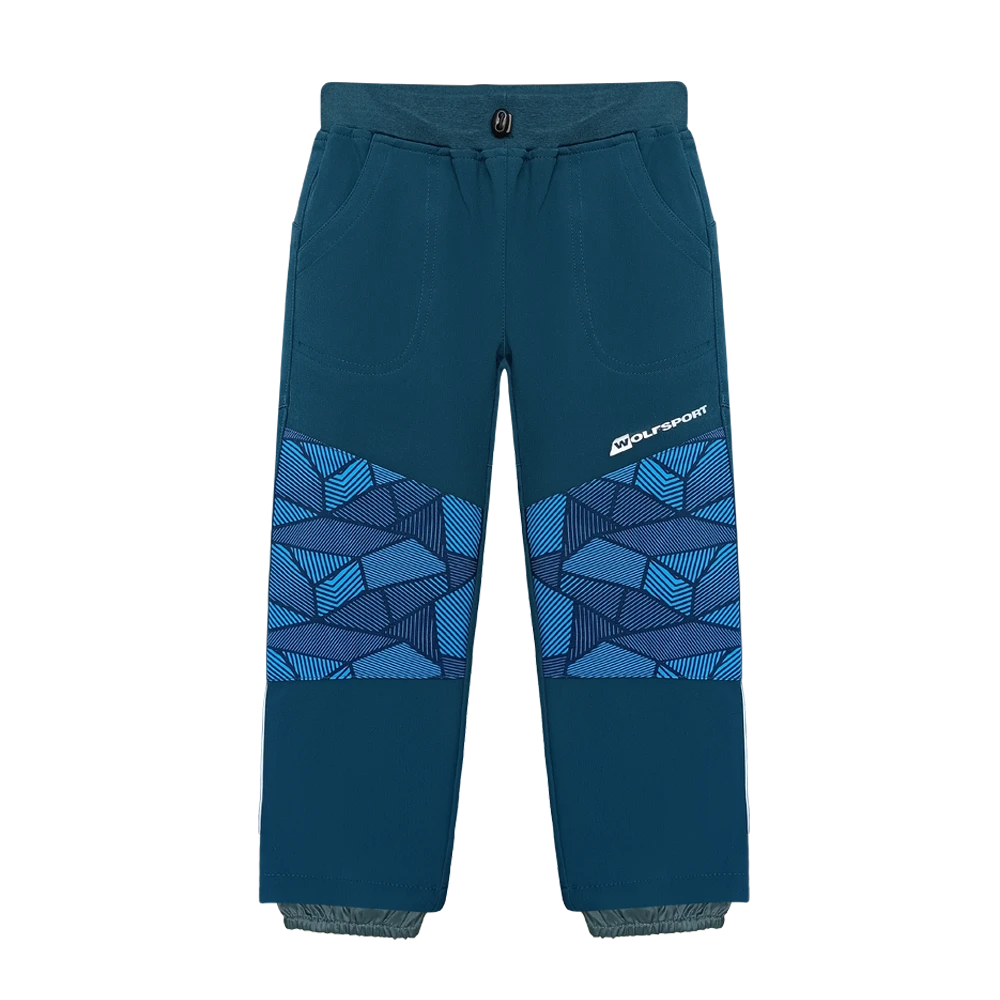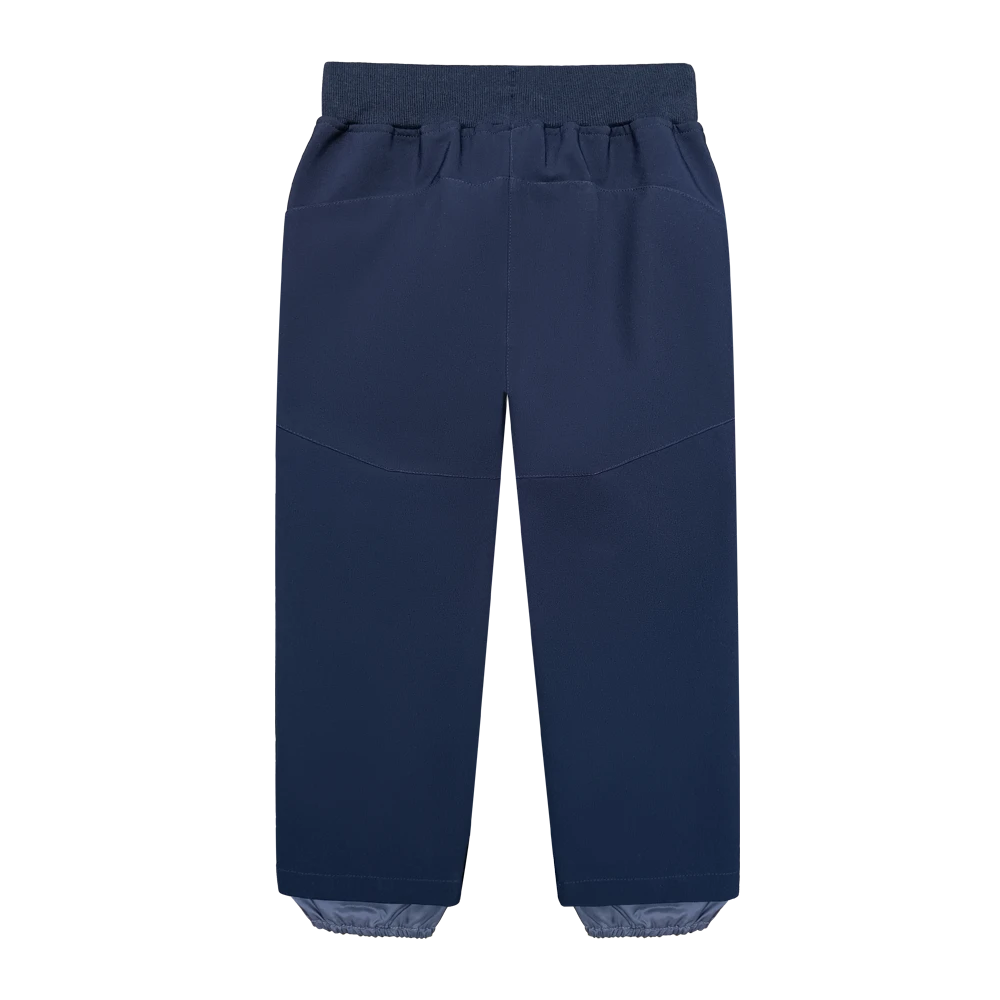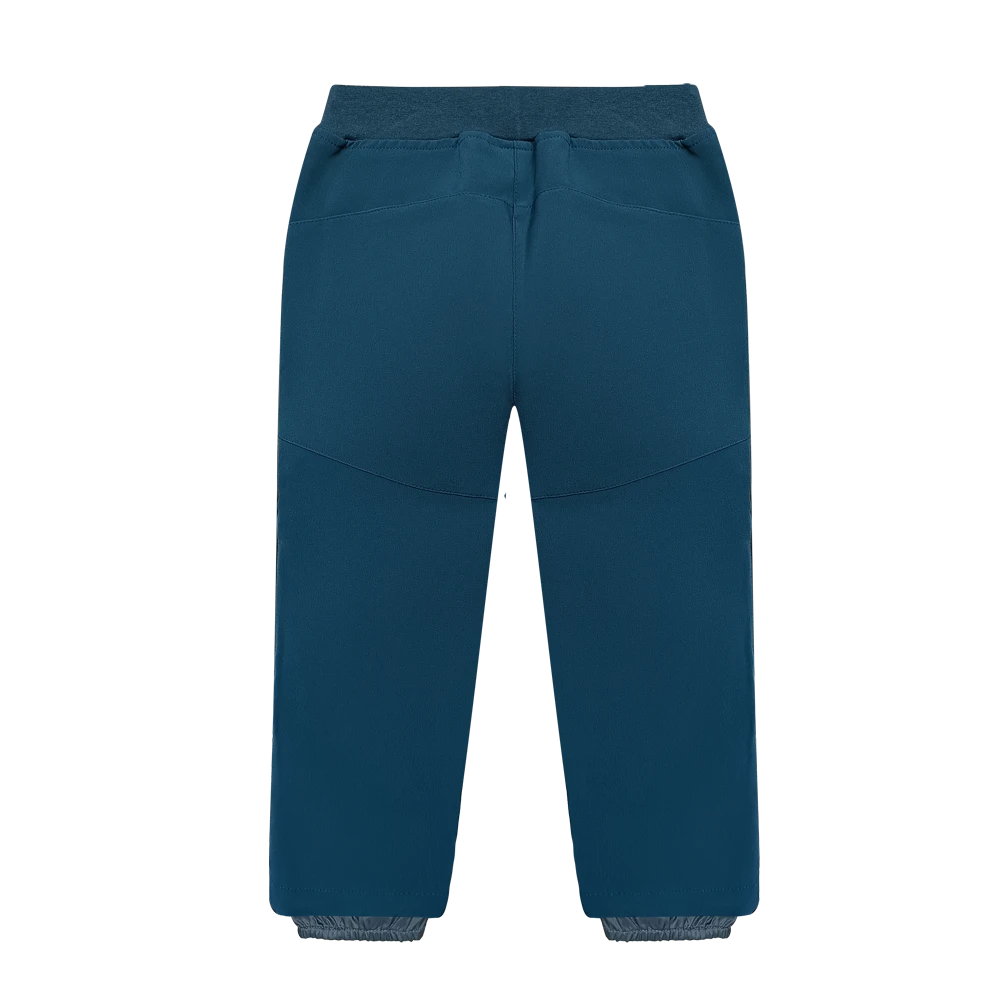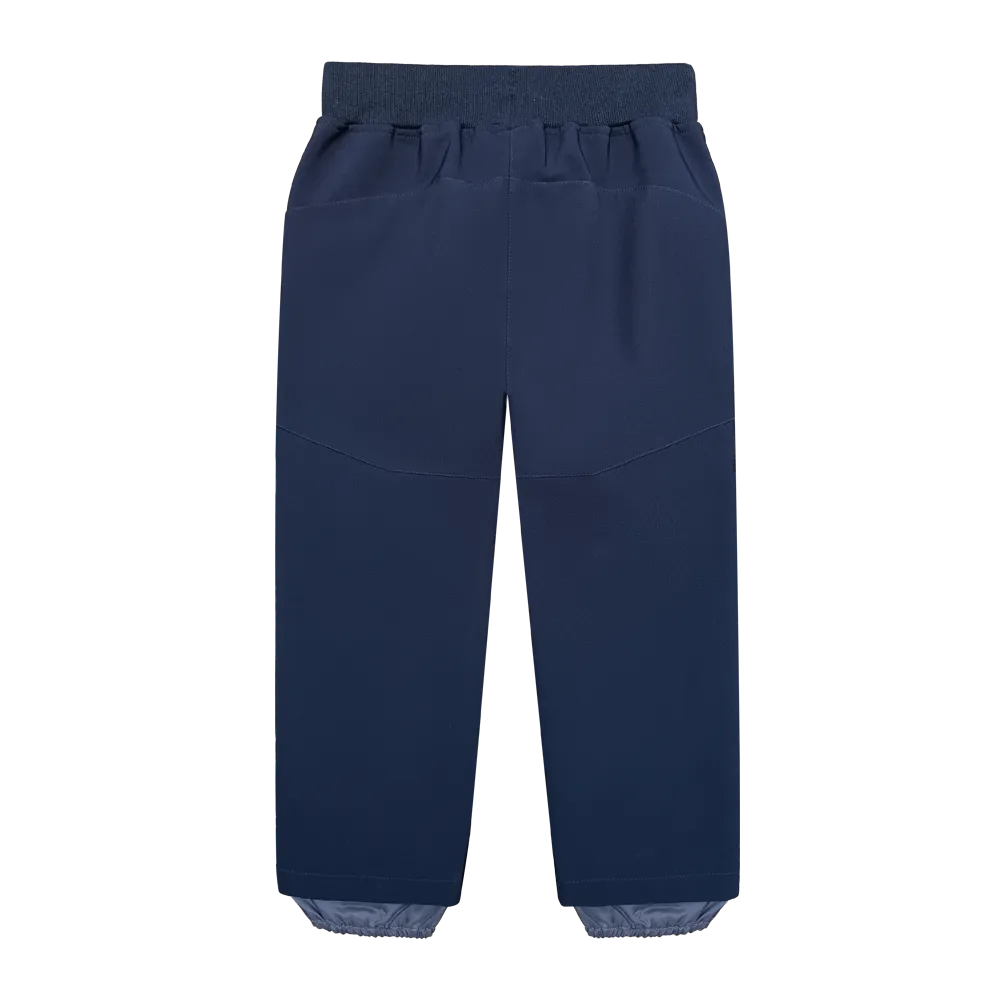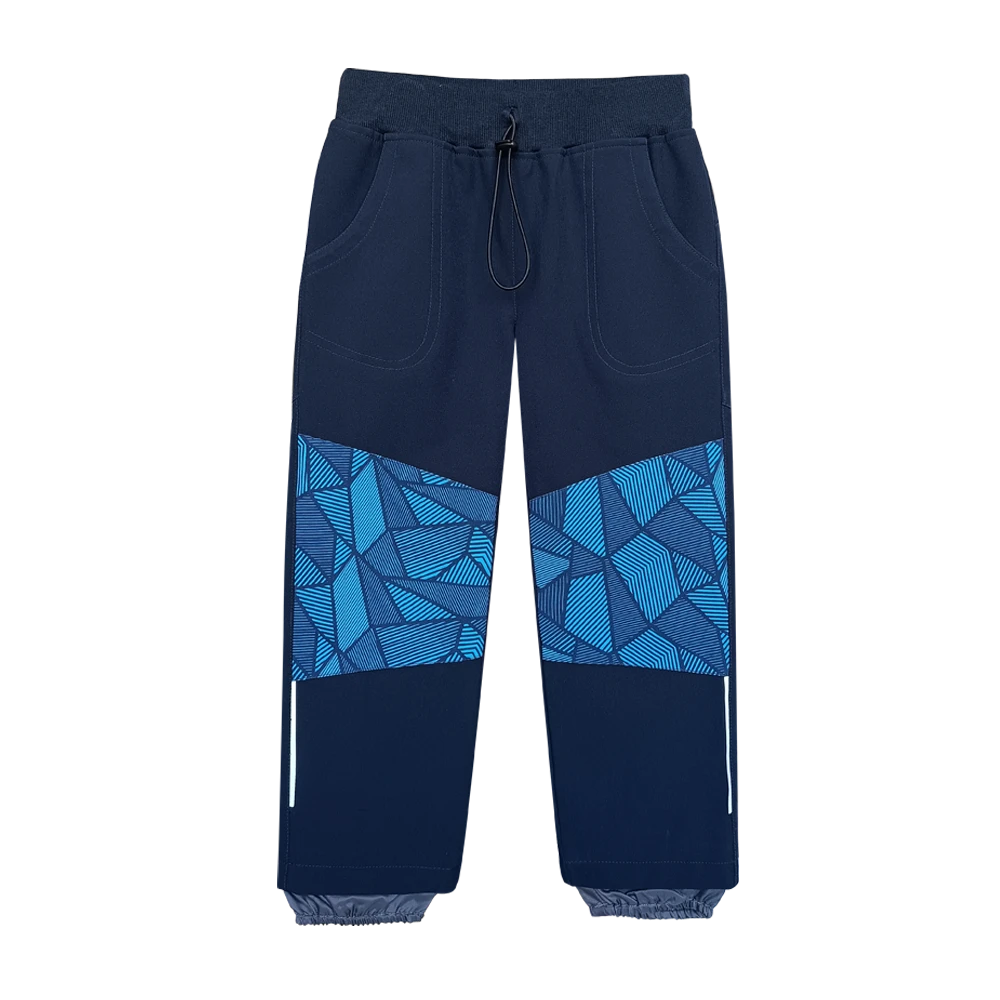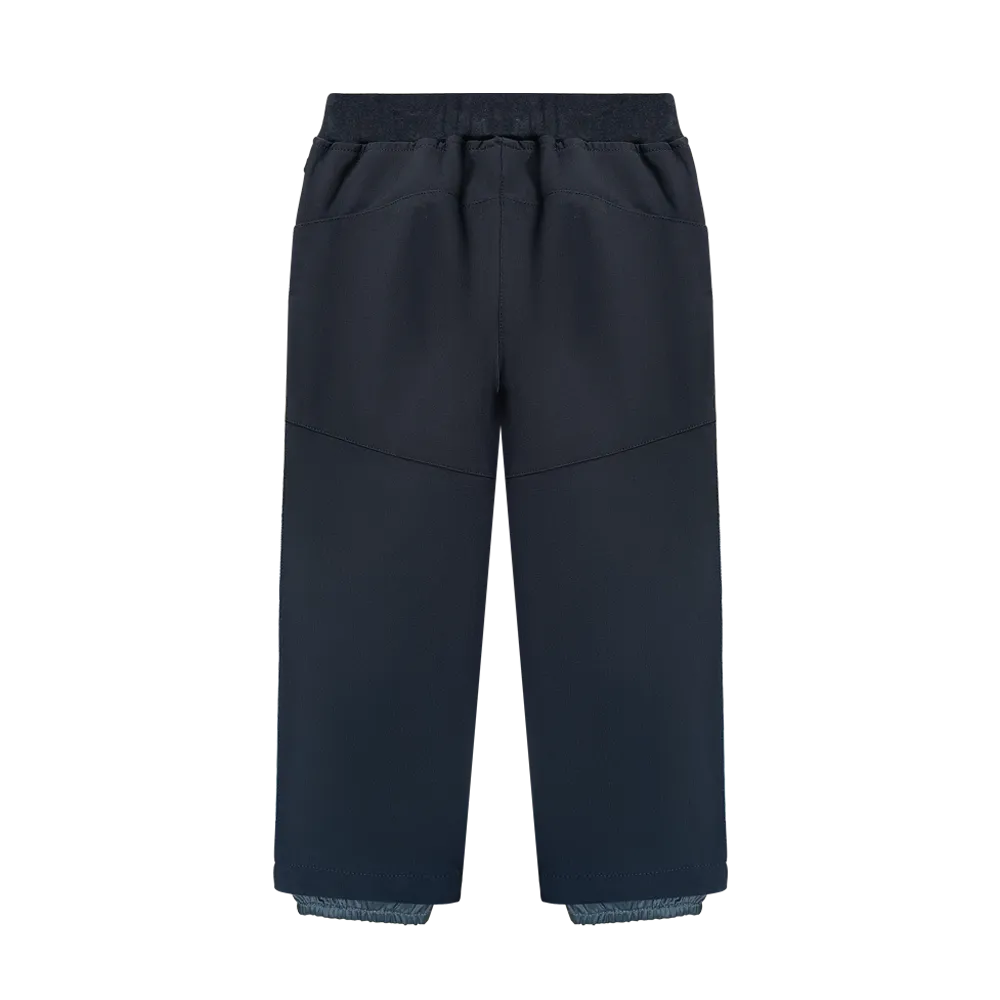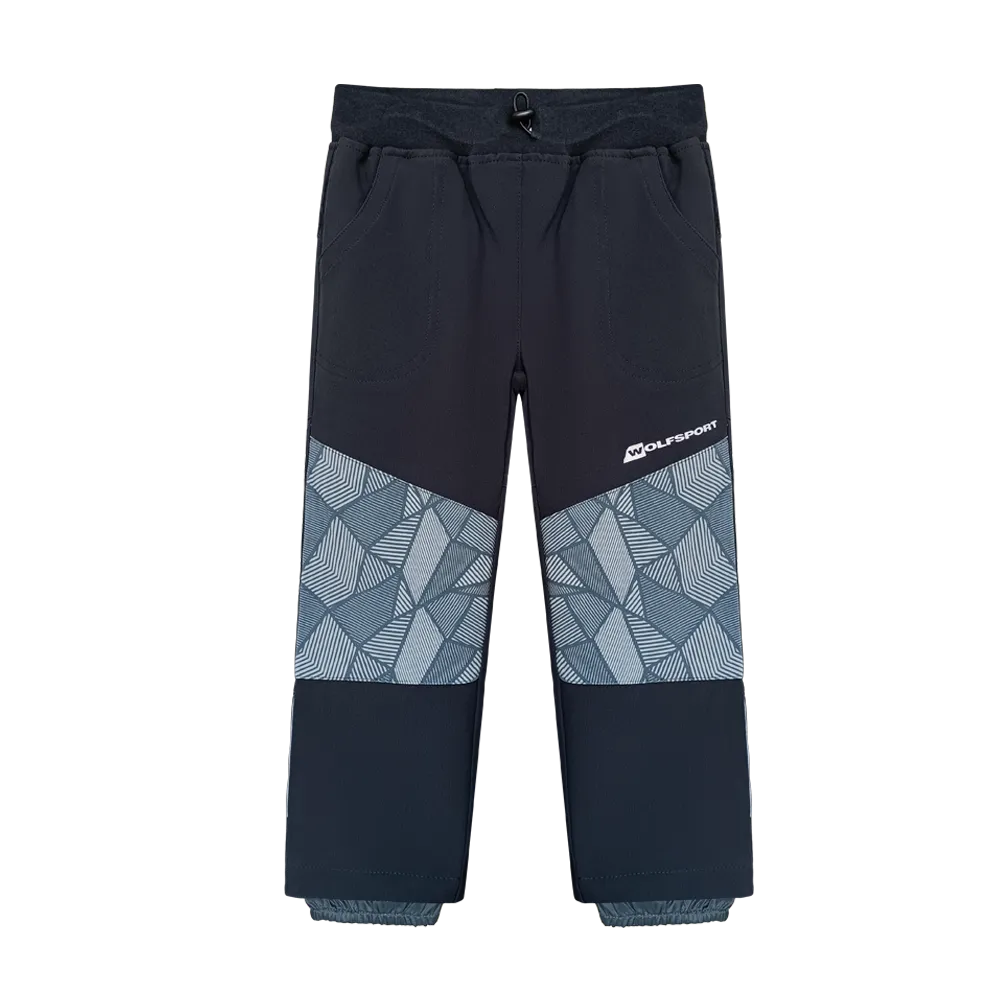Embracing a Sustainable Future The Rise of Organic Sportswear
In recent years, the global fashion landscape has undergone a significant transformation, with sustainability taking center stage. Among the various sectors experiencing this shift, organic sportswear has emerged as a standout trend, appealing to the growing demographic of environmentally-conscious consumers. As fitness and wellness continue to gain momentum, the demand for sports apparel that aligns with ethical practices has never been higher. This article explores the evolution, benefits, and future of organic sportswear.
What is Organic Sportswear?
Organic sportswear refers to athletic clothing made from organic materials, primarily cotton, bamboo, or recycled fibers, which are cultivated without the use of synthetic fertilizers, pesticides, or genetically modified organisms (GMOs). The manufacturing process often emphasizes eco-friendly practices, from the sourcing of raw materials to the final product. This commitment to sustainability not only minimizes the carbon footprint associated with traditional textile production but also supports the health of ecosystems and the well-being of farmers.
The Benefits of Organic Sportswear
1. Environmental Impact One of the most compelling reasons to choose organic sportswear is its positive impact on the environment. Organic farming methods conserve water, reduce pollution, and promote biodiversity. By opting for organic materials, consumers contribute to a reduction in harmful chemicals that often leach into the soil and waterways.
2. Healthier for the Body Traditional athletic wear often contains harmful chemicals and dyes that can irritate the skin or lead to long-term health issues. Organic sportswear, on the other hand, is made from natural fibers that are free from toxic substances, making them safer and more comfortable for the wearer.
3. Durability and Performance Contrary to the misconception that organic materials are of lower quality, many brands produce high-performance sportswear that rivals or exceeds traditional synthetic options. Advanced techniques and blends allow for moisture-wicking, breathability, and flexibility, ensuring that athletes can perform at their best while wearing eco-friendly apparel.
4. Ethical Production Practices Many brands dedicated to organic sportswear adhere to fair trade principles, ensuring that workers are paid fair wages and work in safe conditions. This ethical approach resonates with consumers who are increasingly looking for transparency in the supply chain and are willing to support brands that prioritize human rights and social responsibility.
organic sportswear

Growing Popularity and Market Trends
The rising popularity of organic sportswear is reflected in market trends. More consumers, particularly millennials and Gen Z, prefer brands that reflect their values. According to market research, the global ethical fashion market is projected to continue its upward trajectory, with organic sportswear being a significant contributor.
Brands like Patagonia, prAna, and Allbirds are leading the charge, creating stylish, functional, and sustainable options for athletes and fitness enthusiasts. These companies emphasize their commitment to the environment in their marketing, showcasing what it means to be “sustainable” in a practical and appealing way.
Challenges Ahead
While the future for organic sportswear looks promising, several challenges remain. The production of organic fibers can be slow and costly, and scaling up without compromising ethical standards poses a significant hurdle. Additionally, the need for widespread consumer education about the benefits of organic materials is critical for continued growth in the sector.
The Road Ahead
As awareness around environmental issues increases, the shift toward organic sportswear is expected to accelerate. The future lies in innovation, with brands exploring new materials, such as hemp and recycled plastics, to further reduce their environmental footprint. Collaborations between designers and sustainability advocates may lead to groundbreaking developments in eco-friendly sportswear.
In conclusion, organic sportswear represents more than just a trend; it embodies a movement toward a more sustainable and conscious lifestyle. As consumers become increasingly aware of the impact of their purchasing decisions, the demand for eco-friendly athletic wear will undoubtedly rise. By choosing organic sportswear, individuals not only enhance their performance but also invest in the well-being of the planet and its inhabitants—a win-win for everyone involved.








